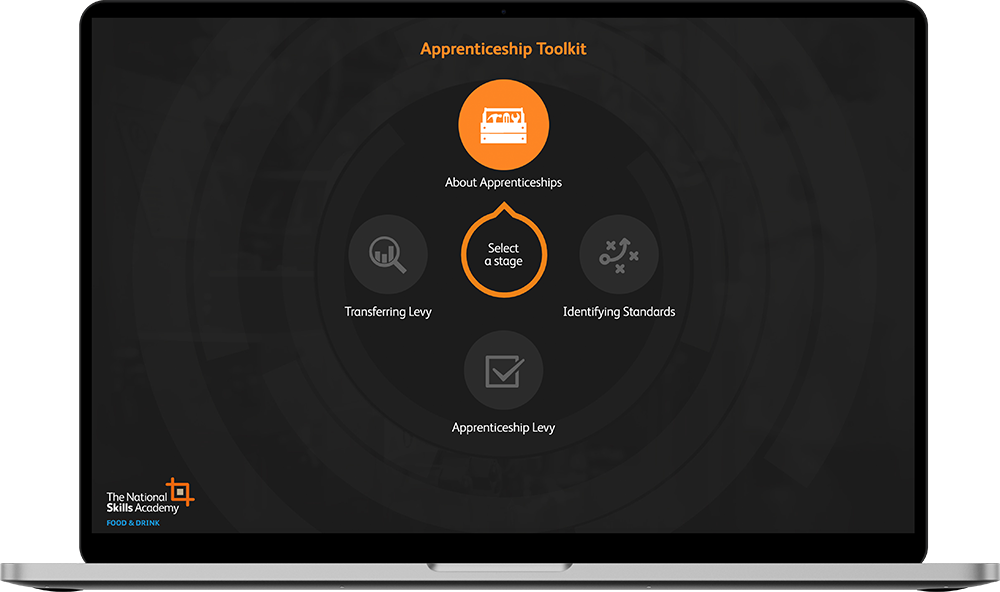Apprenticeships
With the significant programme of change introduced by the Government in England, Apprenticeships
have never had such a high profile.
Responsibility and opportunity have firmly been placed with employers and as such many businesses, providers and awarding organisations are looking to better understand the whole landscape of apprenticeships. We have a unique understanding of all things apprenticeships with a team of experts who have been involved in designing and advising on apprenticeships for over 20 years in the food and drink industry.
To help you navigate the complicated world of apprenticeships, we have created an apprenticeship toolkit full of useful information and resources to support your apprenticeship journey.
